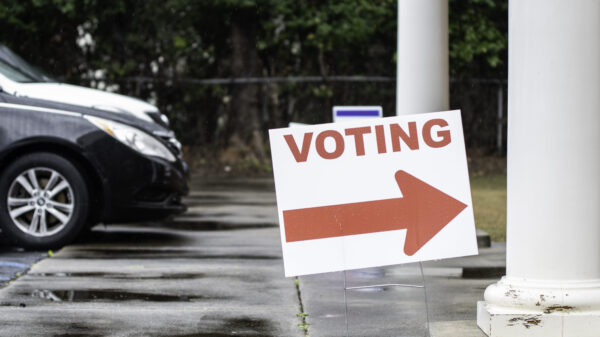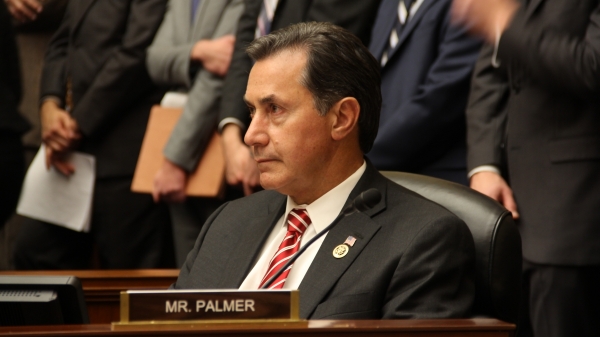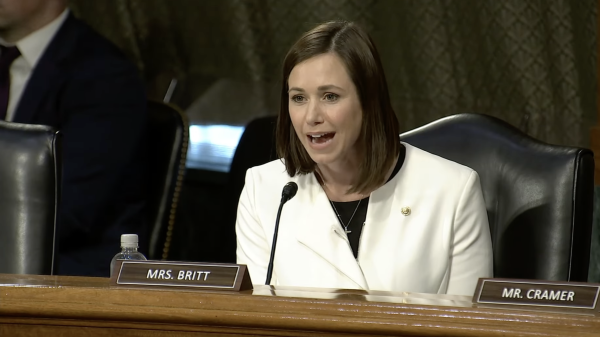By Sen. Marc Keahey
During the 2012 legislative session, HB 120 passed unanimously in both the House and the Senate. It was portrayed as a bill to eliminate the inequities on property tax exemptions for the elderly and the disabled. While many deserving senior citizens will benefit due to the bill’s passing, like so many other pieces of legislation passed in recent sessions, the unintended consequences of HB 120 are devastating for some others who are least able to afford it.
All of Alabama’s citizens who are suffering from a condition that renders them totally and permanently disabled are now confronted with a property tax increase during some of the most challenging economic times of our lifetimes.
Prior to HB120’s passage, individuals who were retired due to a permanent disability were exempt from all state and local property taxes, regardless of age and household income. Since HB 120 took effect on October 1, 2012, those same individuals no longer qualify for the exemption if their annual taxable income exceeds $12,000, and will now be required to pay city, county and school property taxes.
HB 120 does not need to be repealed in its entirety because it benefits many seniors by raising the income threshold from $7,500 to $12,000. Under the old law, only the elderly that made less than $7,500 of taxable income were eligible for a complete property tax exemption. Under the new law, those older than 65 years of age and make less than $12,000 in federal taxable income are given a homestead exemption on their primary homes, or on up to 160 acres of land around that home. Thus, HB 120 simply needs to be amended to remove the household income requirement to ensure that all disabled citizens are fully exempt from state, county, county, and school property taxes.
I have pre-filed legislation that will do just that. My bill will restore the exemption for disabled Alabamians by removing the household annual income limit set by HB120. If passed in the 2013 Regular Legislative Session, it will prevent the disabled from ever having to face this impending tax increase. My legislation will have a retroactive effect and will pre-date the negative consequences that so many citizens with disabilities will otherwise be forced to face in the coming months.
If my bill is not passed, many disabled veterans in Alabama will be subject to a property tax increase. For example, I was told the story of one veteran who served in Vietnam and receives a disability check for service-related medical problems. In the past, he did not have to pay property taxes due to his disability that occurred from serving his country. Sadly, under the new law, his property taxes will likely increase by about $400 per year if the law is not changed.
As an Alabamian, I am appalled at the thought of a disabled veteran being subjected to a tax increase due to an unintended consequence of legislation. But that is exactly what will take place without the solution that SB 27 provides. The only way to prevent this tax increase on permanently disabled Alabamians and veterans is to amend HB 120.
I urge the supermajority in the legislature to join me in my efforts to stop the tax increase on disabled citizens by making passage of SB 27 a priority in the upcoming session. I have certainly made it a priority of mine. It is simply the right thing to do.
Senator Marc Keahey has served in the Alabama Senate since 2009. Senator Keahey represents southwest Alabama, including Baldwin, Choctaw, Clarke, Conecuh, Escambia, Mobile, Monroe, Washington counties. Since taking office, Senator Keahey has been instrumental in bringing hundreds of jobs to southwest Alabama.












































